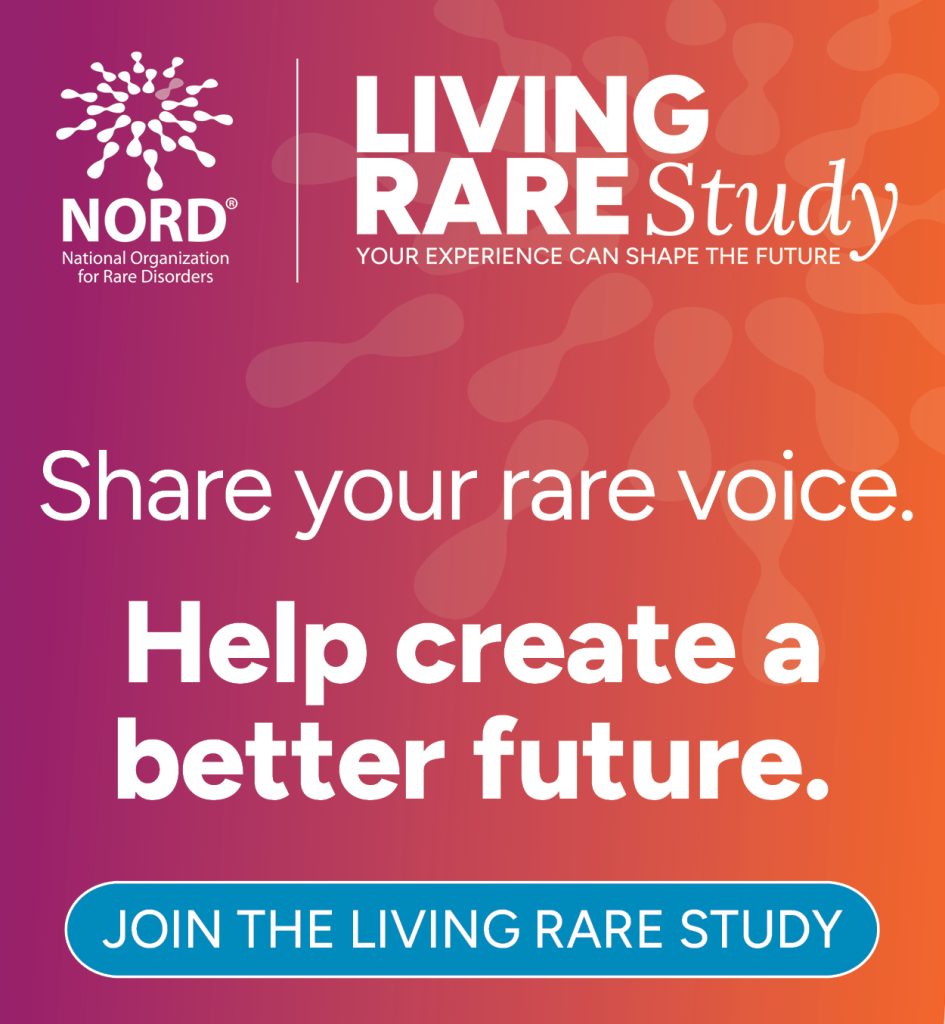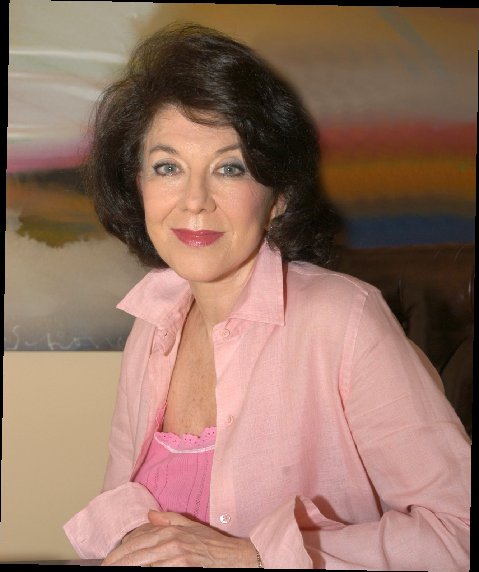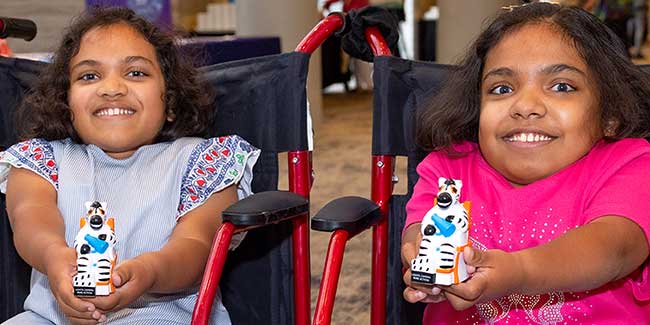Desiree Lyon Howe lived for 10 years in excruciating pain before being diagnosed with Acute Intermittent Porphyria (AIP). She was finally diagnosed at the National Institutes of Health where what would become the first therapy approved as orphan drug, Panhematin®, saved her life. Upon being saved by this important treatment, she sprang into action to help others.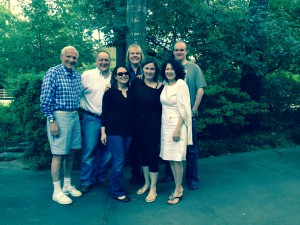
While in and out of the ICU, Lyon Howe met with as many experts and fellow patients as she could find. She spent time with doctors and researchers, developed the first piece of patient literature about the disease – while in the hospital – and joined together with other patients and founded the American Porphyria Foundation (APF).
As Executive Director of the APF, Lyon Howe has made an impact by building up the knowledge base and awareness for Porphyria. “Hardly anything is written on Porphyria that APF has not been a part of,” she explains. The organization has successfully organized clinical trials, funded research, and established a member network of more than 8,000 individuals, a quarter of whom are doctors. APF is also a founding member of NORD and was a critical member in the passing of the Orphan Drug Act in 1983.
Under Lyon Howe’s watch, APF recently established the Protect Our Future campaign, intended to attract and train the next generation of doctors and specialists in the field of Porphyria. “This is your future, this is your children’s future,” she says, and hopes that every organization will have a program of this sort.
AIP is a rare, genetic metabolic disorder characterized by a particular enzyme deficiency can result in the accumulation of porphyrin the body. This is associated with sudden attacks of pain, neurological symptoms, muscle weakness, rapid heart rate, nausea and many other symptoms. Because AIP can be associated with a range of symptoms and physical findings, it can be difficult to identify.
“It can start off with endless array of misdiagnoses and surgeries, and it is not unusual for patients to have at least one organ removed,” she says, about the search for a diagnosis.
Lyon has been a constant resource for others battling Porphyria, and a resource for other rare disease patients asking for advice on how to establish a patient organization. “I did anything I could to gain media attention and used every free resource that I could think of,” Lyon says, adding that you do not need a large budget to make an impact. She emphasizes the importance of having a strong board of medical experts and is proud that APF’s founding board of experts has remained in place to this day. Lyon explains that, “there is a dedication to our experts and the experts to the organization.”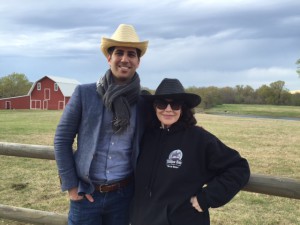
As the APF’s board of experts remains loyal to the organization, so does Lyon. There is never a moment when she is not connected to the organization. She takes phone calls from patients around the clock, no matter where she may be. “When you have a rare disease, people are desperate for somebody. We are that somebody.”
NORD is honored to share Desiree’s story and to honor her with a Rare Impact Award.
Learn more about all of the 2016 Rare Impact Award Honorees.


